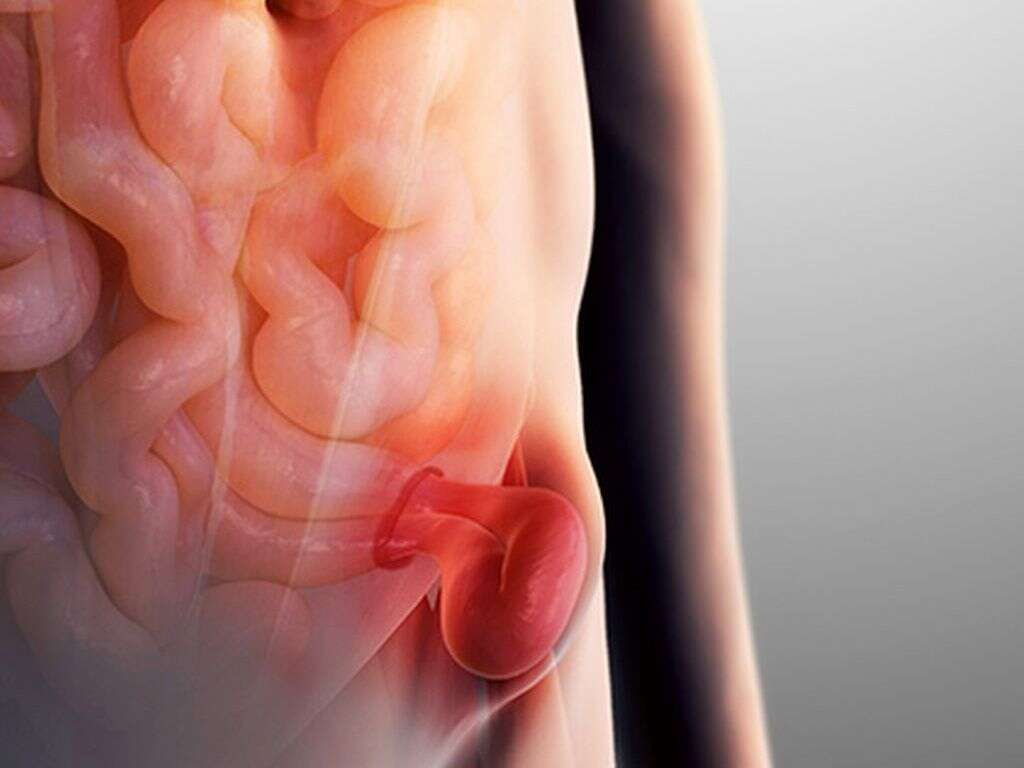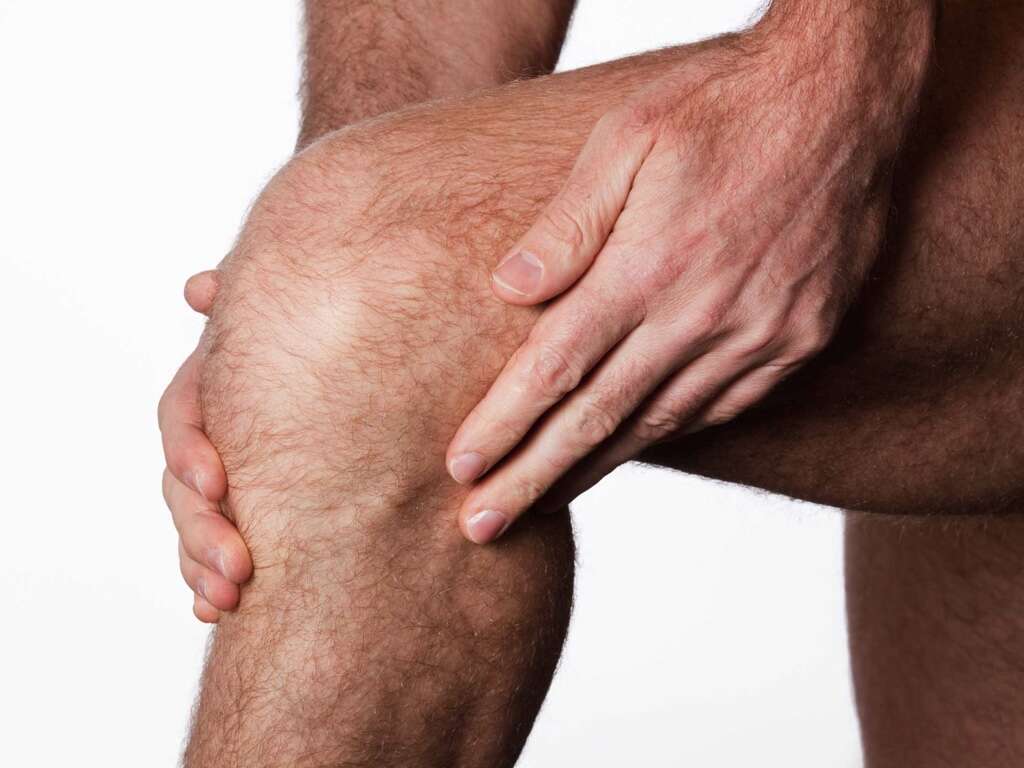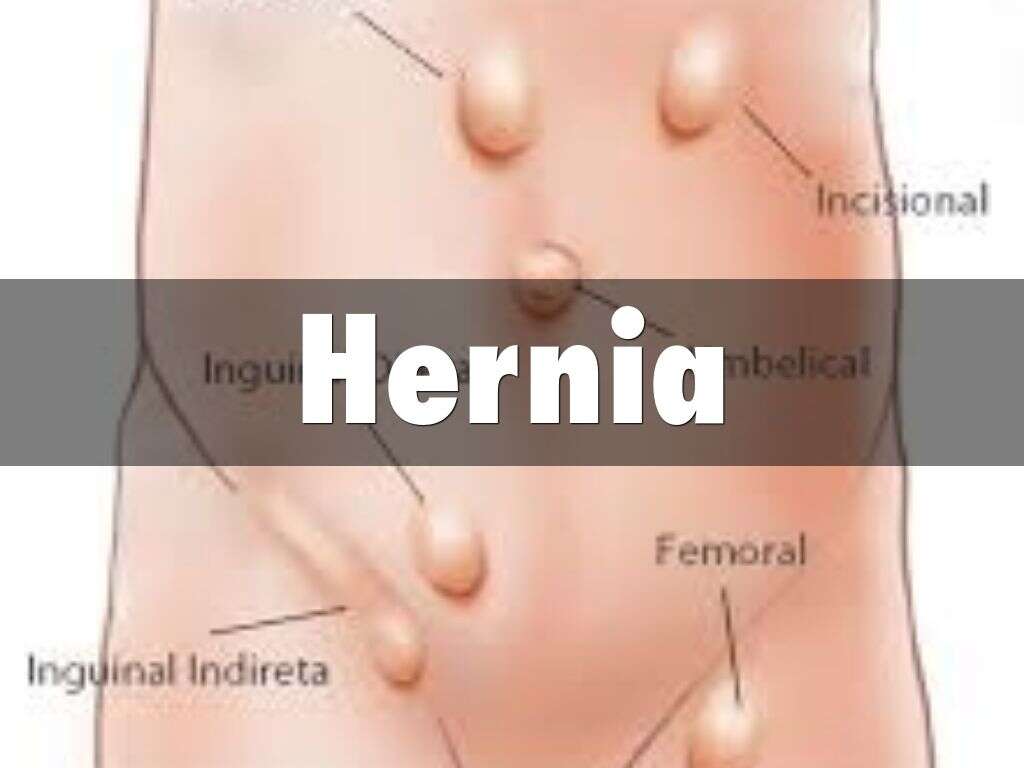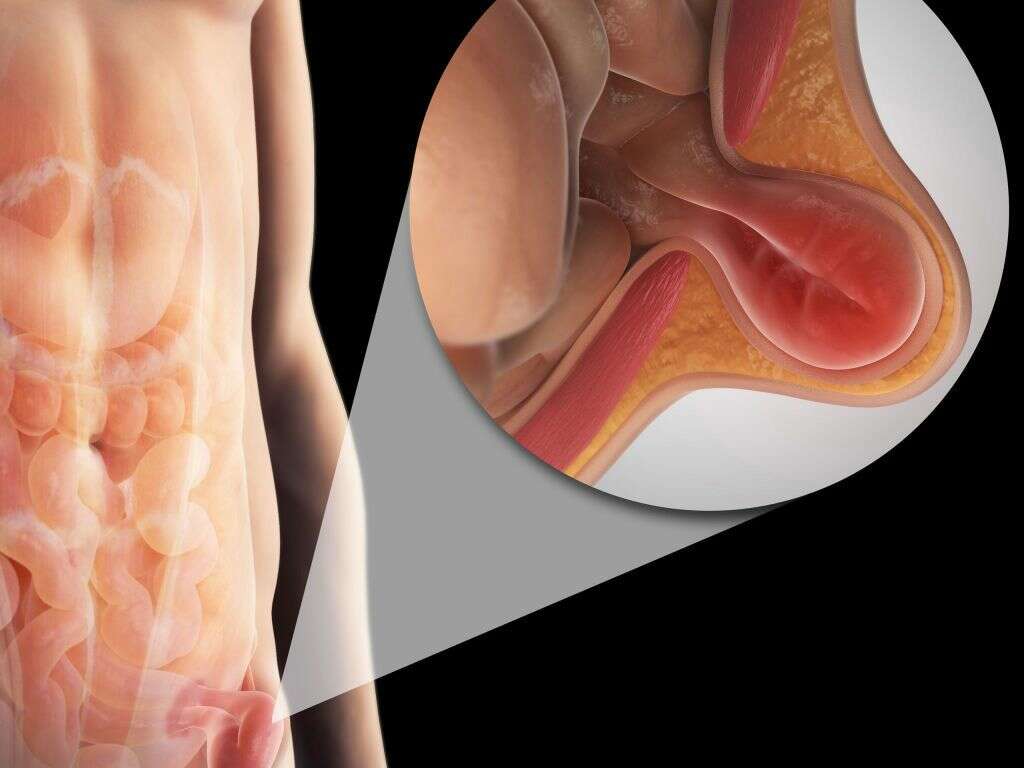What Is a Hernia?
It is not uncommon to hear people warn of developing a hernia when performing strenuous activity, but do you know what a hernia is? A hernia is descriptive of a condition where an organ or fatty tissue is pressed through a weak spot in the muscle or fascia. While a common injury, there are still many people who don’t understand hernias and possible treatments.
Therefore, to help you better understand the condition and the treatment, this article is organized into 10 commonly asked questions. Once you finish reading this piece, you will be able to discuss the signs, symptoms and treatments of a hernia. Also, if you currently have or think you have a hernia, this article might help you understand the next steps you should take.

1. Where Do Hernias Occur?
Hernias occur in the abdominal and groin areas. The most common areas for a hernia to occur are in the inguinal, femoral, umbilical or hiatal regions. In layman’s terms, hernias can appear in the inner groin, outer groin, belly button or upper stomach. However, it is also possible that a hernia results from an incision from a past surgery.
While the positioning of a hernia may affect the level of discomfort a patient feels, it might also suggest the level of severity or risk to the body. For example, a hernia in the femoral or outer groin enters the area carrying the femoral artery, which is one of the largest arteries in the body. While risks can be mitigated with surgery, it is necessary to know most hernias require intervention.

2. Are There Different Types of Hernias?
There are six common types of hernias: inguinal, femoral, umbilical, incisional, epigastric and hiatal. Inguinal hernias are the result of the intestine or bladder protruding through the abdominal wall into the inguinal canal of the groin. A femoral hernia is the result of the intestine entering the canal carrying the femoral artery. An umbilical hernia is when part of the small intestine pushes through the abdominal wall near the navel. Incisional hernias occur near the incision sites from previous abdominal surgeries. An epigastric hernia occurs in your upper abdomen, and finally, a hiatal hernia also occurs in the upper region passing through an opening in the diaphragm.
While each hernia type varies in location and cause, each likely requires medical intervention. The risk of a critical episode with a hernia is rare, but they will not go away on their own. If you suspect you have a hernia, make an appointment with your doctor.

3. Who Is Most at Risk for Developing a Hernia?
Hernias affect many people, different genders and races; it is a non-discriminatory condition. However, different hernias will affect different groups of the population. For example, while inguinal hernias do occur in both men and women, they are 25 times more likely in men. Also, women are more susceptible to umbilical and femoral hernias due to pregnancy or obesity.
It is estimated that nearly 5% of the human population will develop an abdominal hernia at some point in their lives. However, almost 75% of those cases are estimated to be inguinal hernias, which might suggest that men are at a higher risk of developing a hernia than women. Regardless of the estimates and current data models, living with a hernia can be painful, which is why it is necessary to know the signs and symptoms of the disorder.

4. What Are the Symptoms of a Hernia?
The typical symptoms of a hernia are often described as increased pain or discomfort in the abdominal or groin area. For example, some patients describe feeling discomfort or pain when performing routine tasks, like standing, sitting, lifting, sneezing or coughing. Also, many people describe feeling increased pressure or weakness in the groin region. Finally, some patients might experience restroom issues, like constipation or urination problems.
While hernias often present with pain in the groin or abdominal areas, they are not the only potential cause. For example, back injuries can result in similar discomfort, which is why most hernias require a physical exam for diagnosis. True, many hernias result in protrusions under the skin, but these signs are not always visible, especially in heavier or morbidly obese patients.

5. Can You Tell if You Have a Hernia?
It is common for people experiencing abdominal pain to believe they have a hernia, but that is not always the case. In fact, as hernias only affect about 5%, it is likely that you do not have a hernia, especially if you have no physical signs of the condition. As a hernia is the result of abdominal contents pushing through weak muscle tissue, it almost always presents as a visible bump.
However, the appearance of a bump may not be discernible in some patients. For larger patients, they may only experience pain and sensitivity in the area, which is why a physical exam is almost always necessary to diagnose. Also, while it is rare, if there is no physical appearance of a hernia but your doctor still strongly suspects one, then he or she may request a CT or MRI to confirm.

6. What Are the Causes of a Hernia?
There is no one cause for a hernia. Some people are born with a hernia, and others develop them over time or because of a specific injury. Nearly all hernias occur because of a weakness in the abdominal wall, which allows internal contents, such as the intestines, to push through. Because of the opening caused during this pressure event, the hernia can appear smaller or larger during different activities. For example, most hernias decrease in size when you lay down and increase when you stand up. The variation is caused by gravity and pressure.
Hernias often occur because of an increased pressure event, like an accident or lifting something heavy. While these events might increase the risk of a hernia developing, it is likely that the patient was already at risk of a hernia.

7. What Is the Treatment for a Hernia?
Unfortunately, there are only two treatment options for hernias: monitoring and surgical repair. In less severe cases, doctors might suggest watchful waiting. They will monitor hernia growth over a prolonged period of time. It is possible to live with a hernia and not experience any severe complications. If your doctor advises monitoring, they might also prescribe the use of a truss, which is an undergarment to help hold the hernia in place.
Alternatively, if your hernia is intrusive and potentially dangerous, doctors might recommend surgery. The surgery they suggest might be open or laparoscopic, with the latter being the least invasive. During the operation, surgeons will push the organ back through the hole in the abdominal wall and stitch the cavity shut. To reinforce the suture, they might use a surgical mesh.

8. Do You Have To Get Surgery?
Surgery is the most effective way of treating a hernia, and it is the only way to receive a cure. The hole in your abdominal wall is not caused by an injury that will self-heal; it is a weakness between tissue. While a hernia surgery might be open or laparoscopic, it is relatively low-risk and common. Although, if that does not put your mind at ease, there are some things you can do at home to reduce hernia symptoms, but only if your doctor recommends monitoring.
While home remedies will not cure a hernia, they can relieve some of the discomfort. For example, taking antacids, proton pump inhibitors or H-2 receptor blockers can alleviate symptoms. Also, avoiding large, heavy meals as well as spicy and tomato-based foods can help prevent acid reflux. Again, these are not cures, and you should always speak with your doctor about treatment.

9. Are Hernias Dangerous?
Hernias are not always dangerous, and they are rarely life-threatening. However, that does not mean that treatment should be negated or delayed. While many hernias are minor, with doctors taking a watch-and-wait approach, others present major complications to daily life and will require surgery to correct.
Also, hernias can evolve, growing and becoming more intrusive as time passes. In cases of enlarged hernias, a doctor often suggests corrective surgery. While it is up to the patient to submit to such treatment, avoiding surgery can lead to life-threatening complications, though rare. Therefore, it is recommended to always adhere to the advice of physicians, but if you do not agree with their diagnosis, get a second opinion.

10. Is There a Way To Prevent a Hernia?
There does appear to be a genetic link to some hernias, but for others, they are the result of injury or poor nutrition. The best prevention, then, is a healthy diet and lifestyle choices. However, other hernias are a result of injury, which are unavoidable.
Hernias are relatively common and affect nearly 5% of the population. While surgery is the only cure for this condition, not every hernia will require surgical intervention. If you suspect you have a hernia, schedule an appointment with your doctor for a physical exam and to understand the next steps.












